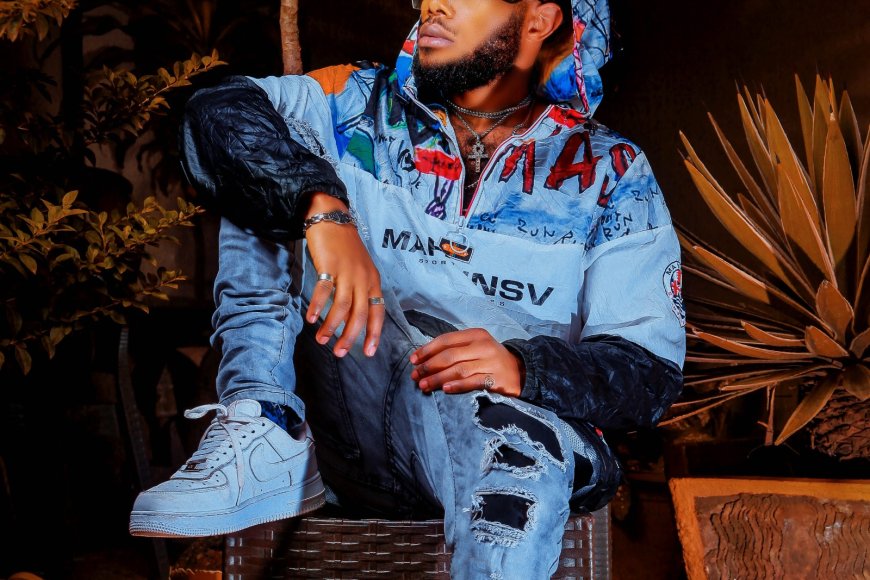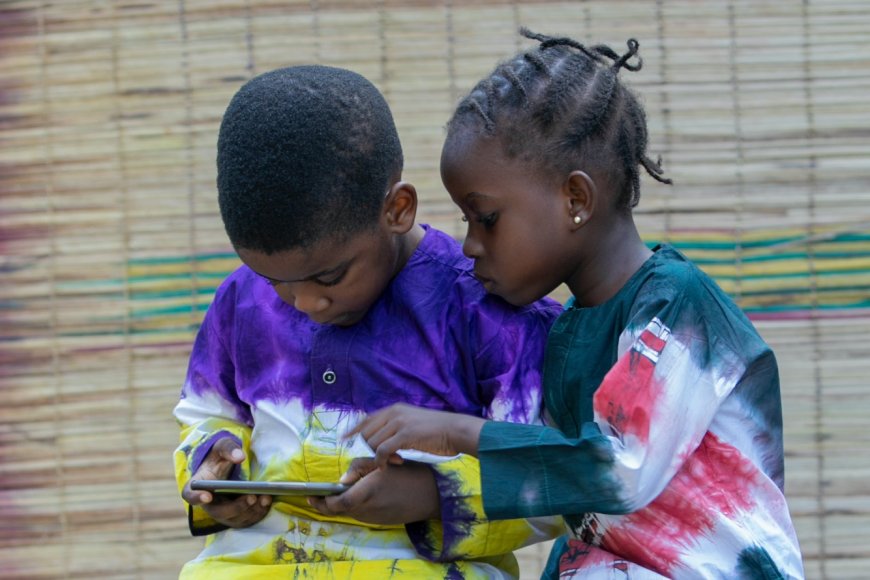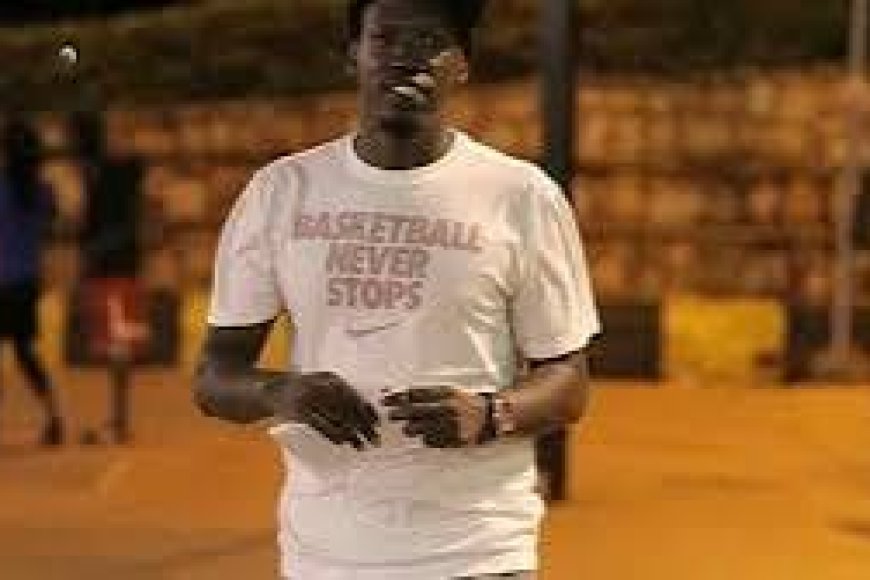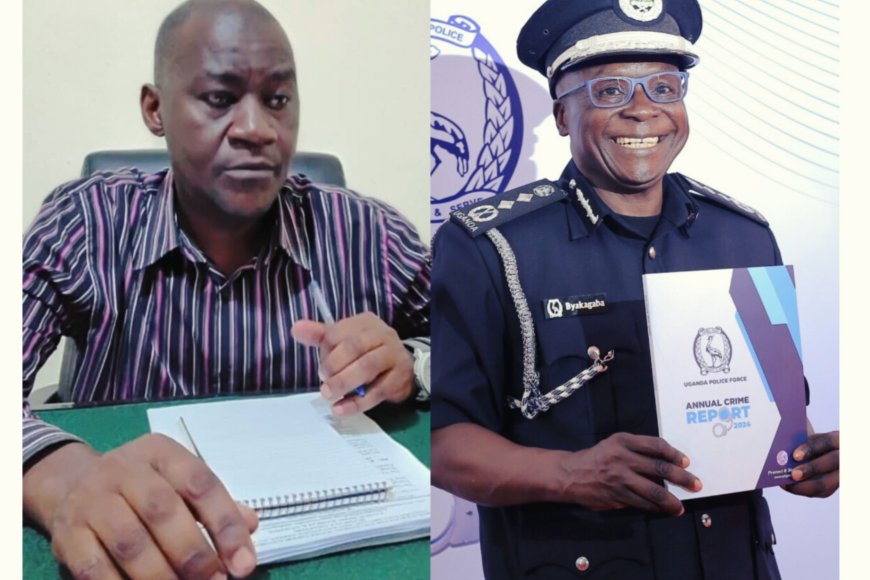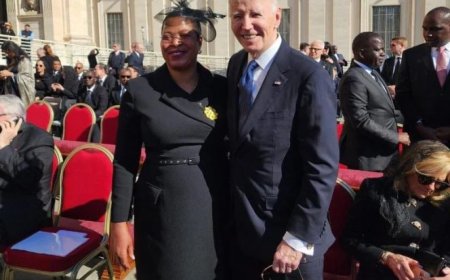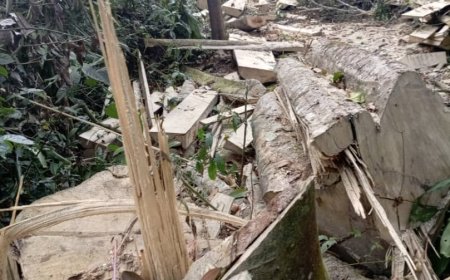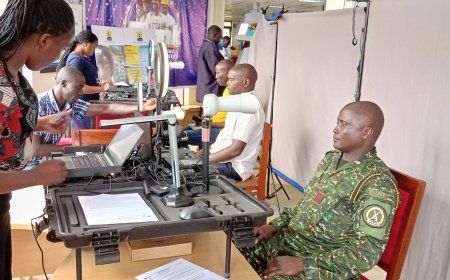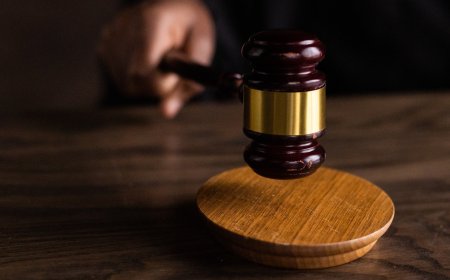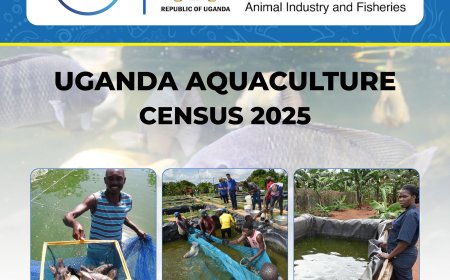Justice Byabakama Demands Increased Voter Education Funding, Urges Inclusive Political Participation
The meeting, which aimed to align both institutions on issues of inclusivity in Uganda’s electoral processes, featured a candid address by the Chairperson of the Electoral Commission, Justice Simon Byabakama. He expressed deep concern over the meager Shs300 million the EC receives annually for civic and voter education, deeming it grossly inadequate.
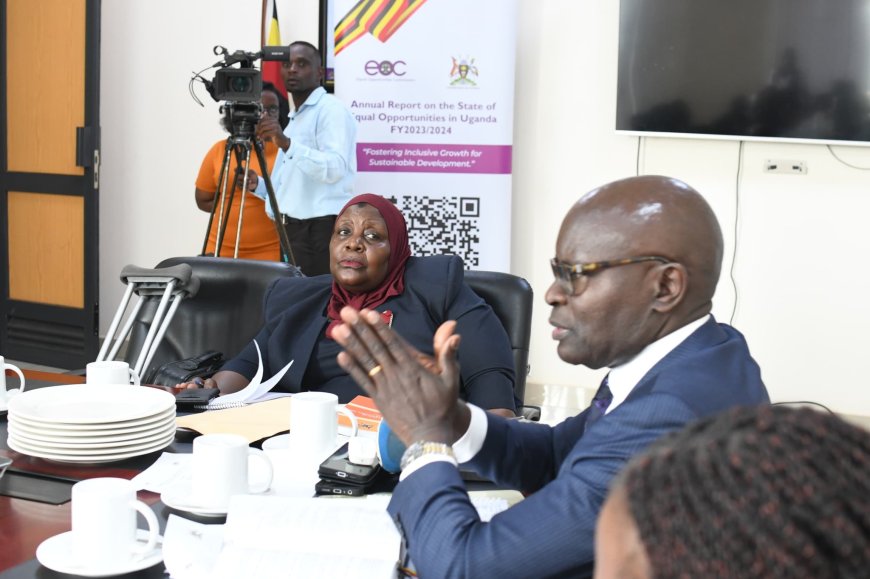
In a pivotal engagement between the Equal Opportunities Commission (EOC) and the Electoral Commission (EC), held at the EOC Head Office in Kingdom Kampala, the spotlight was cast on the urgent need to bolster voter education and promote inclusive political participation ahead of the 2025/2026 General Elections.
The meeting, which aimed to align both institutions on issues of inclusivity in Uganda’s electoral processes, featured a candid address by the Chairperson of the Electoral Commission, Justice Simon Byabakama. He expressed deep concern over the meager Shs300 million the EC receives annually for civic and voter education, deeming it grossly inadequate.
“There is a general outcry that civic and voter education is lacking among the population,” Justice Byabakama stated.
“Our budget for voter education is only Shs300 million per financial year. What meaningful outreach can that achieve? Effective voter education requires direct interaction with the public — you can’t demonstrate how to vote via radio.”
He appealed for a significant increase in the allocation — at least Shs3 billion annually — to enable the Commission to run meaningful voter education campaigns that include grassroots engagement, multimedia outreach, and in-person demonstrations.
Despite these financial constraints, Justice Byabakama reaffirmed that the Commission has not remained idle. “We have used parish and sub-county supervisors to conduct sensitization sessions, and we’ve tried to reach the public through media programs and outreach initiatives,” he explained.
The EOC also raised a critical issue that has consistently plagued Uganda’s elections — low voter turnout. In response, Justice Byabakama attributed this to weak mobilization efforts from political parties and candidates, not just the Electoral Commission.
“Low voter turnout is a serious concern. It results in wastage of public resources. Ballot papers are printed abroad using taxpayer dollars. When people don’t vote, they forfeit their constitutional right under Article 1,” he warned.
He called upon all electoral stakeholders to take an active role in encouraging civic participation. “We urge the public to encourage one another to participate on polling day,” he said, while also pointing out that unlike some developed nations where voting is mandatory, Uganda still treats it as optional — a situation he believes needs revisiting to ensure responsible citizenship and value for public expenditure.
The engagement also centered on representation of special interest groups (SIGs) in Uganda's political landscape. The EOC challenged the EC to clarify its plans for elections involving youth, women, persons with disabilities, and the elderly.
Justice Byabakama responded affirmatively, noting that the EC has been consulting with a wide range of stakeholders to ensure inclusive electoral processes.
“Free and fair elections are only possible when all citizens are represented,” he said. “We are committed to ensuring SIGs are not left behind.”
However, Shaft Nasser Mukwaya, Secretary to the EOC, raised concern about inadequate communication regarding the timelines for SIG elections.
“Only the urban elite youth seem to be aware that elections will begin next month. Their rural counterparts remain uninformed,” Mukwaya remarked, calling on the EC to enhance its publicity efforts and ensure equity in access to election information.
EOC Chairperson Safia Nalule Jjuuko underscored the importance of a long-term civic education framework and recommended that the EC develop clear, comprehensive strategies to combat voter apathy and electoral violence.
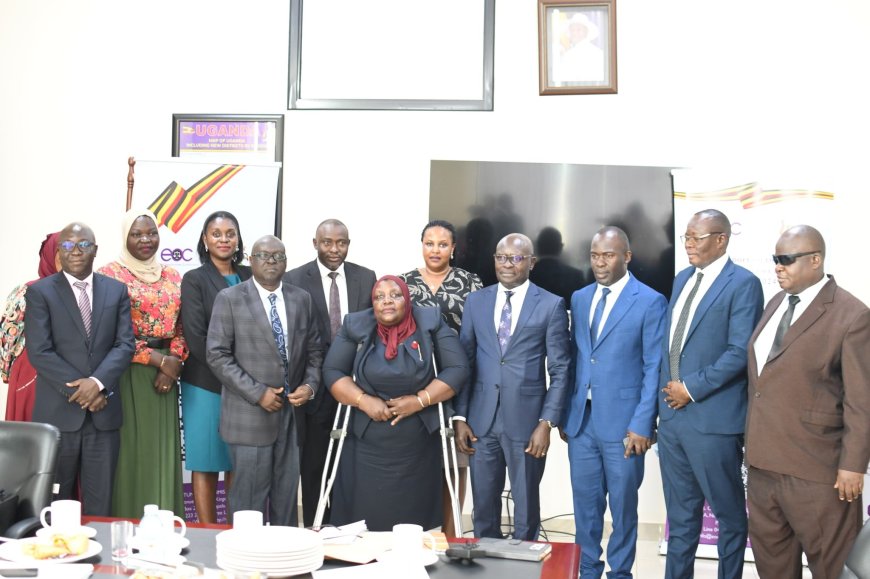
“The Electoral Commission should establish mechanisms that promote free and fair elections, and ensure all voters — including those in electoral colleges for MPs and councilors of special interest groups — are well facilitated,” she said.
Justice Byabakama echoed these sentiments and issued a stern warning against electoral violence.
“Violence is avoidable. It is often instigated by individuals without justification,” he said. “Intimidation, assault, and hate speech during elections are criminal offenses. Anyone using hate speech should be reported to the police and face the law. We call on all stakeholders to maintain tolerance and adhere to electoral laws.”
The high-level dialogue between the Electoral Commission and the Equal Opportunities Commission marks a significant step towards fortifying Uganda’s democratic space. With the EC pushing for increased funding and stronger partnerships to conduct voter education, and the EOC emphasizing inclusive participation and electoral fairness, both institutions underscored their commitment to building a more participatory and peaceful electoral environment ahead of 2026.
As Uganda prepares for one of its most consequential election cycles, the messages from Justice Byabakama and EOC leadership serve as a powerful call to action — not just for government, but for civil society, political actors, and the electorate at large.
























